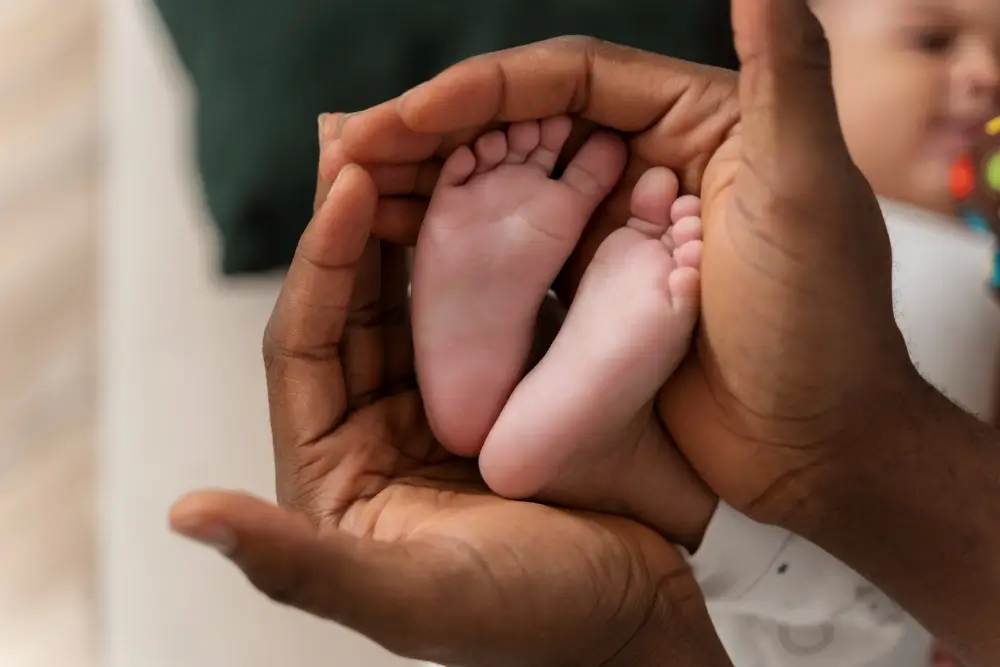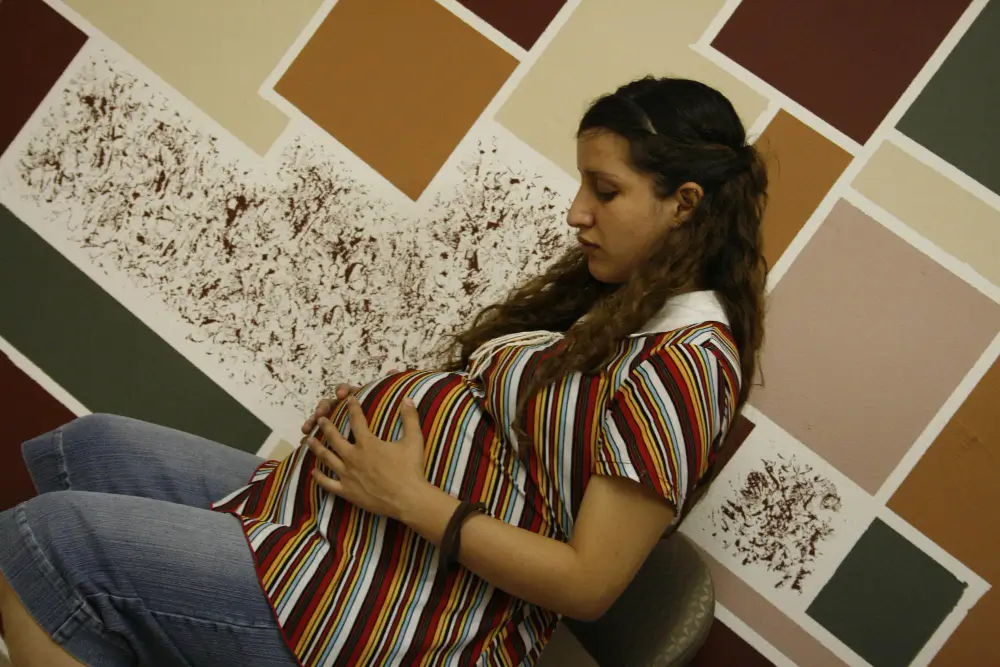Surrogacy has always been a subject of deep cultural, social, and emotional debate in India. For many couples unable to conceive naturally, surrogacy offers hope, while for women who choose to become surrogates, it is often a decision that blends financial support with the profound act of giving life. Understanding what it truly means to be a surrogate in India requires looking at traditions, laws, and evolving societal views.
Who is a Surrogate Mother?
Before diving into cultural perspectives, it is important to answer a basic question: who is a surrogate mother?
A surrogate mother is a woman who carries and delivers a child for intended parents. This arrangement may be chosen due to infertility, medical conditions, or other family planning challenges. In India, the concept of surrogacy is not new, but cultural attitudes have shifted significantly over the years.
Cultural Attitudes Toward Surrogacy in India
In traditional Indian society, motherhood is deeply respected. A woman’s ability to give birth is often linked to her identity, and infertility can carry stigma. Because of this, surrogacy is sometimes seen as both a gift and a subject of debate.
Families in urban areas are increasingly open to surrogacy. They view it as a progressive solution that respects science and the desire for parenthood. In contrast, rural communities may still perceive surrogacy with hesitation, considering it unconventional or even taboo.
For a surrogate mother in India, cultural acceptance can vary depending on family support. While some women are celebrated for helping others, others keep their decision private to avoid criticism or misunderstanding.
The Emotional Journey of a Surrogate in India
Becoming a surrogate is not only a physical process but also an emotional one. Many women who choose this path express pride in helping couples experience parenthood. The joy of seeing intended parents hold their baby for the first time is often described as life-changing.
However, it also comes with challenges. A surrogate in India may face questions from relatives or neighbors. Some struggle with the idea of carrying a child who will not remain with them. Emotional counseling and family support are therefore critical parts of any surrogacy program.
Legal Surrogacy Laws in India
The Indian government has recognized both the opportunities and challenges of surrogacy. To protect women and intended parents, Legal Surrogacy Laws in India were introduced.
As per current laws, only altruistic surrogacy is permitted. This means a woman can carry a child for someone else but cannot receive monetary compensation beyond medical expenses and insurance coverage. The laws also specify that the surrogate must be a married woman with her own child, ensuring she fully understands the responsibilities of motherhood.
These regulations are designed to prevent exploitation and safeguard the dignity of every surrogate mother in India.
Why Women Choose to Become a Surrogate in India
The decision to become a surrogate in India is personal and influenced by many factors. For some, it is an act of compassion, helping another family achieve their dream of having a baby. For others, it is a way to improve financial stability while also performing a meaningful service.
When women decide to become a surrogate mother in India, they are usually motivated by a mix of empathy and practical needs. It is important to recognize the courage and generosity behind this choice.

Surrogacy Program and Support
A structured surrogacy program ensures that both the surrogate and intended parents receive proper guidance and support. These programs include medical care, psychological counseling, and legal assistance.
For the surrogate, programs provide reassurance that her health and rights will be protected throughout the process. For intended parents, they provide a clear path to parenthood without misunderstandings. In India, reputable organizations work closely with families to ensure transparency and trust in every step of the journey.
Cultural Shifts and the Future of Surrogacy in India
Over the past decade, there has been a noticeable change in how society views surrogacy. Media, awareness campaigns, and real-life stories have helped reduce stigma. Today, many couples openly talk about choosing surrogacy, and communities are slowly learning to celebrate it as an act of love rather than secrecy.
Looking ahead, the cultural landscape is expected to become even more supportive. As more families share their surrogacy experiences, society will gain a deeper understanding of what it means to be a surrogate in India.
Challenges Surrogates Face in India
Despite progress, challenges remain. A surrogate mother in India may face:
- Social judgment from peers or extended family.
- Emotional struggles during pregnancy and after delivery.
- Limited awareness about her legal rights.
- Misunderstandings due to traditional beliefs.
Addressing these challenges requires continuous education, community support, and stronger awareness of Legal Surrogacy Laws in India.
How Indian Egg Donors Helps Surrogates and Families
Choosing the right partner for the surrogacy journey is essential. At Indian Egg Donors, we believe in supporting both surrogates and intended parents with dignity, transparency, and care. Our programs are designed to ensure women feel respected and protected every step of the way.
Families looking to understand more about surrogacy or women planning to become a surrogate mother in India can rely on our guidance. With a focus on compassion and professionalism, we bridge cultural and legal aspects, making the process smooth and respectful.
For more details, visit Indian Egg Donors or call us at (212) 661-7177.
Final Thoughts
To be a surrogate in India is to step into a role that blends tradition, compassion, and courage. It means carrying not only a child but also the hopes and dreams of another family. Culturally, surrogacy continues to challenge old beliefs while paving the way for a more open and supportive society.
With proper guidance, strong legal safeguards, and increasing awareness, surrogacy is evolving into a widely accepted path to parenthood in India. Women who choose this journey deserve respect, protection, and gratitude for their extraordinary gift.
For families or women seeking trusted support in this process, Indian Egg Donors is here to help. Contact us today at (212) 661-7177 to learn more about how our surrogacy program can guide you with care and integrity.
FAQs
Q. Who is a surrogate mother?
Ans : A surrogate mother is a woman who carries and delivers a baby for intended parents. She helps couples unable to conceive naturally through a structured surrogacy program.
Q. What does it mean to be a surrogate in India?
Ans : Being a surrogate in India means supporting intended parents by carrying their child. It involves medical, emotional, and legal aspects under regulated surrogacy laws.
Q. What are the legal surrogacy laws in India?
Ans : Legal Surrogacy Laws in India allow only altruistic surrogacy. Commercial surrogacy is banned, ensuring the surrogate mother in India is protected and supported throughout the process.
Q. How can a woman become a surrogate in India?
Ans : To become a surrogate in India, a woman must be married, have a biological child, and meet health requirements. Legal agreements protect both surrogate and intended parents.
Q. Is surrogacy culturally accepted in India?
Ans : Yes, but acceptance varies. While many see a surrogate mother in India as noble for helping families, some communities still hold reservations due to traditional beliefs.
Q. What is included in a surrogacy program?
Ans : A surrogacy program includes medical screening, legal contracts, counseling, embryo transfer, and ongoing medical care to ensure the surrogate mother and baby’s well-being.
Q. Why choose Indian Egg Donors for surrogacy guidance?
Ans : Indian Egg Donors offers trusted support, clear guidance on legal surrogacy laws in India, and personalized care. Contact them at (212) 661-7177 to explore surrogacy options.

Dr. Veera Saghar
As an Egg Donor Coordinator, she plays a critical role in our company. Her background as a medical graduate from ISRA UNIVERSITY in Pakistan provides us with a solid foundation in the medical sciences. She has seven years of clinical experience practicing in the USA. This has given her firsthand experience when collaborating with patients and their families.
She is responsible for managing the process of egg donation from start to finish. We identify and screen potential egg donors.










